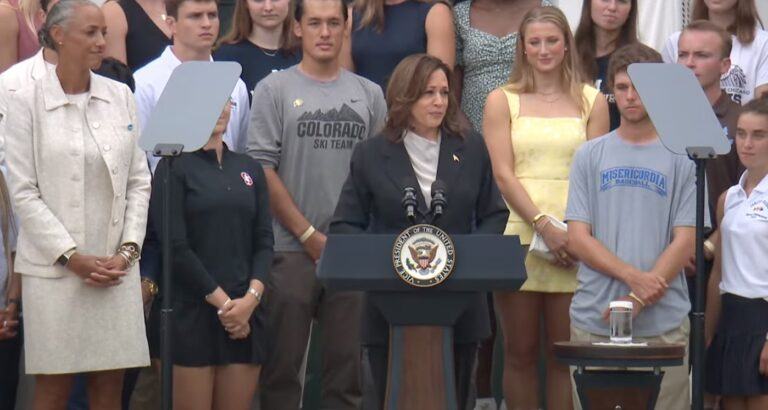With Kamala Harris emerging as a potential Democratic nominee, industry leaders are speculating on what her presidency might entail, particularly regarding cryptocurrency and artificial intelligence (AI). According to a recent article by Megan Messerly for Politico, there is considerable uncertainty surrounding Harris due to her relatively short tenure in Washington and her swift rise in politics.
Billionaire investor Mark Cuban has indicated that there is a belief among some in the business community that Harris could be more open to industries like AI and cryptocurrency. In an email to Politico, Cuban said:
“The feedback I’m getting, but certainly not confirmed by the VP, is that she will be far more open to business, [artificial intelligence], crypto and government as a service … Changing the policies changes the message and lets everyone know she is in charge and open, literally, for business.“
Cuban’s remarks to Politico suggest that Harris might bring a more business-friendly approach, potentially signaling a departure from some of the current administration’s policies.
While Harris’ exact stance on these issues remains largely undefined, her past actions provide some clues. Per the Politico article, as California’s Attorney General, Harris took significant steps in the tech sphere, such as establishing a Privacy Enforcement and Protection Unit, which earned her praise from privacy advocacy groups. This history suggests she may continue to prioritize data privacy and consumer protection in the tech sector.
In her role as U.S. Senator, Harris has not explicitly called for revoking Section 230 of the Communications Decency Act, a law that shields tech companies from liability for user-generated content. However, according to Politico, she has supported legislation that creates exceptions to this protection, holding platforms accountable in specific cases like sex trafficking. Politico believes this nuanced approach indicates that while she may not push for drastic changes, she will likely advocate for responsible tech practices.
Politico also mentions that Silicon Valley’s leaders see potential in Harris’ presidency to reset the strained relationship between tech companies and Washington. Aaron Levie, CEO of Box, told Politico that a clear and credible tech policy from Harris could quickly rally support from the tech ecosystem. This optimism stems from Harris’ previous collaborative efforts with tech companies to address online issues, such as her campaign against nonconsensual intimate images.
Politico went on to say that in the broader scope of AI policy, Harris has been involved in developing the Biden administration’s executive order to ensure AI use is nondiscriminatory, safe, and effective. Cody Venzke of the ACLU noted to Politico her commitment to addressing AI’s immediate risks, focusing on issues of algorithmic bias and fairness.
In a post on social media platform X on July 24, Ripple CEO Brad Garlinghouse emphasized the importance of evaluating political candidates beyond their affiliations, particularly in relation to crypto regulations. He noted that Vice President Harris, with her background in Silicon Valley, has a significant chance to address key issues affecting U.S. competitiveness, including the regulation of cryptocurrency. Garlinghouse expressed his willingness to remain open-minded about her approach but cautioned that adopting a stance similar to Elizabeth Warren could result in a political misstep akin to Gary Gensler’s challenges.
Featured Image via YouTube








